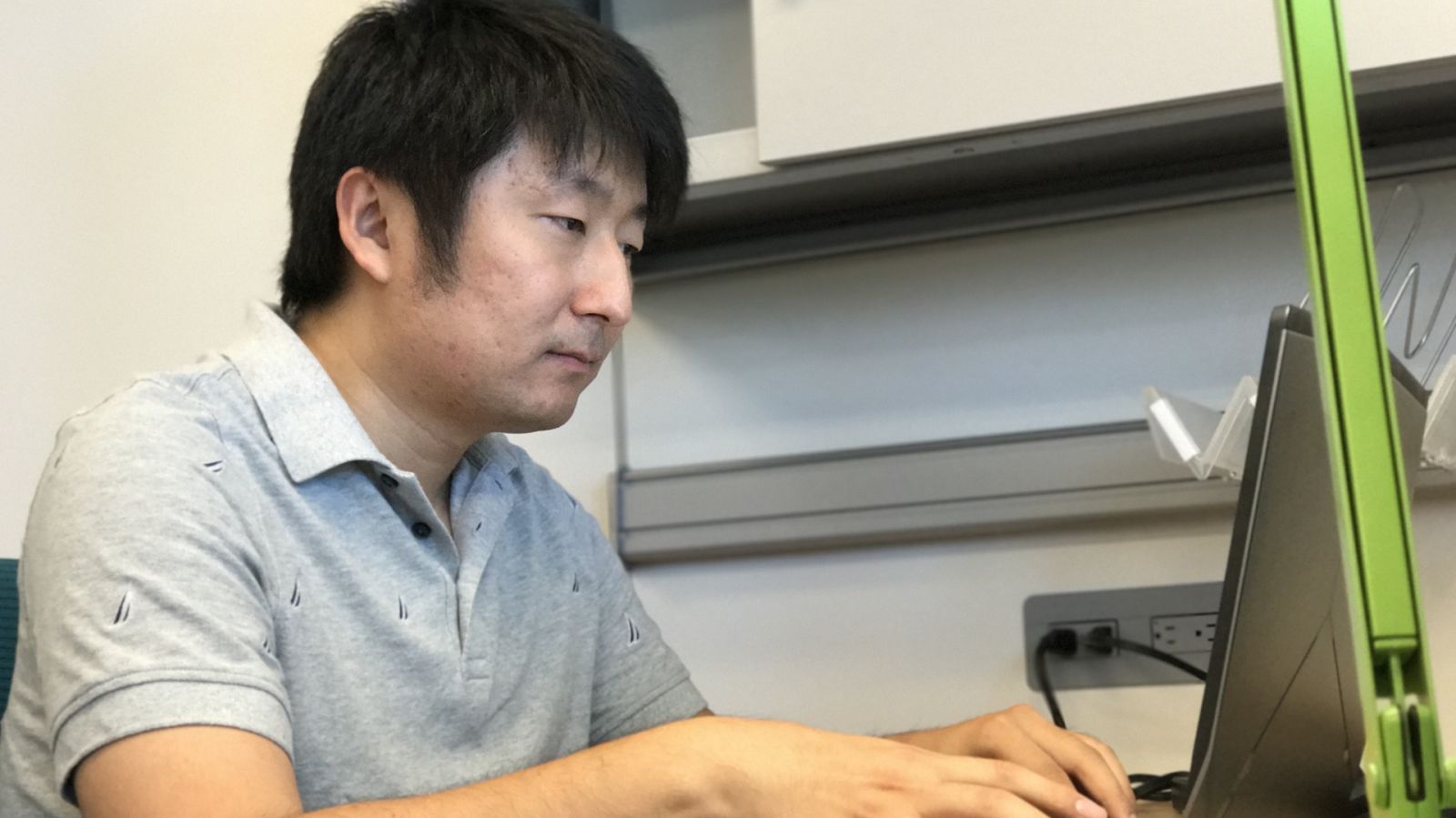
In the history of every well-known occupation is a time when it was new, uncommon, not well understood, or even misunderstood.
Professionalization, the process of achieving widespread recognition and higher socioeconomic status for emerging occupations, used to take decades. But widespread availability and usage of social media is changing that equation in ways we don’t fully understand, according to Yubo Kou, a postdoctoral research associate in the Department of Computer Graphics Technology.
Consider the emergence of computer programming as an occupation. In the 1950s, Kou said, computers were prohibitively expensive and functionally limited, and only a few expert programmers worked on them in national labs. “It was a very niche group of high-tech people,” he said.
As home computers became affordable and the business world deepened its reliance on mainframe systems in the 1980s and 1990s, Kou said that software developers began to professionalize. Demand for their skills grew rapidly, standards were developed, and associations were formed that strengthen communities. Professionalization progressed accordingly.
A new specialization now known as user experience (UX) design started within the design and development community around that time.
“The idea of UX has been known to researchers for many years,” Kou said, “but industry has only recently started to realize the huge need for UX professionals.” That’s why professional organizations are forming and universities are creating UX-related programs, he said, noting that Purdue Polytechnic’s undergraduate and graduate UX design programs are examples of this shift.
Recognizing that the UX design occupation is undergoing professionalization now, Kou is combining several of his interests by researching how online communities support the emergence of new occupations.
While majoring in literature and linguistics at Peking University, Kou became interested in computer science. He studied personal information management and specialized in database research while earning a master’s degree at Renmin University of China.
During his Ph.D. program at the University of California, Irvine, Kou learned about Human Computer Interaction (HCI), a field closely related to UX design, while studying how people in video gaming communities socialized with each other and collaborated with other players. He researched how people use social media and other digital technologies to organize, mobilize, and make their voices heard online. His interest in continuing that research led him to a postdoctoral position with Colin Gray, assistant professor of computer graphics technology.
“My core interests are in how technology supports communities and society,” said Kou. “Social media and online communities provide ways for people working in ‘fringe spaces’ to connect, to validate each other, and to do something collectively as a community.”
People studying and working in the emerging field of UX design are doing this now, speeding its professionalization process. Kou said that online communities may play an indispensable role in modern day patterns of professionalization.
“We hope that research on how individual designers professionalize their occupation can be fed back into our occupation, improving our UX design program,” Kou said. “It might help us better prepare students not only in their UX skills but also in their mindsets, to determine how they can connect with and contribute to their professional communities in their future careers.”
Additional information:
- UX design undergraduate major in Purdue Polytechnic
- Human-Centered Design and Development master’s degree concentration in Purdue Polytechnic
